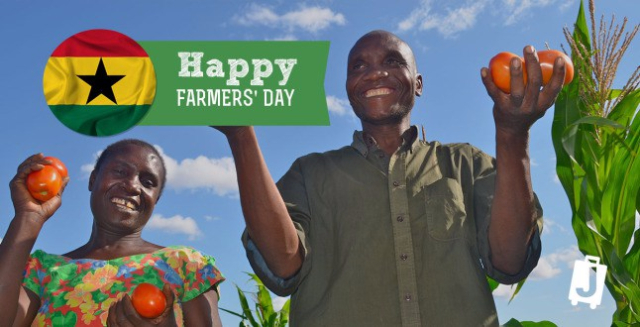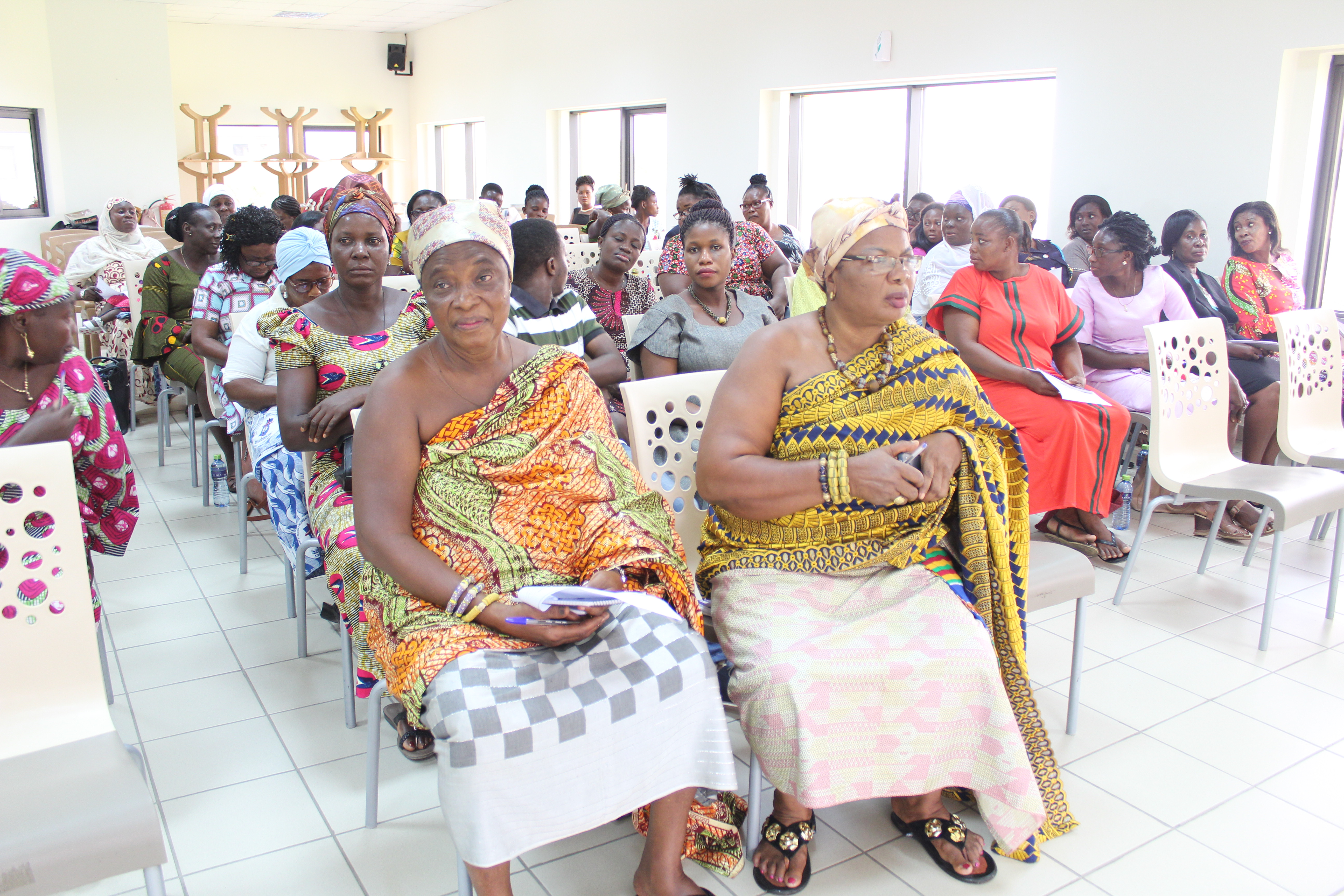Kenya launches online platform to boost farm yields

Kenya’s agricultural research bodies on Wednesday launched a new online crop variety selection platform to allow people in the farming industry to access latest information.
MbeguChoice, the new platform, was developed through a partnership between the Kenya Agricultural and Livestock Research Organization (KALRO), the Kenya Plant Health Inspectorate Service (KEPHIS), Kenyan crop seed companies, and Agri Experience with support from Kenya Market Trust.
The platform reveals best options in different farm environments, based on breeder recommendations. A variety of popular crops like maize, pigeon pea and cassava are offered as the best choice for local growing conditions and farmer preferences, such as disease resistance or cooking properties.
Speaking during the launch in Nairobi, Anastasia Mbatia, Director of Agri Experience, said MbeguChoice will help Kenyan farmers to identify the best crop seed choices for their farms and also help agro-dealers and extension workers in making these decisions.
“A strong food production system starts with high-yielding crop varieties that have been developed for specific farming environments and which have been bred for certain characteristics, ” Mbatia told journalists, adding: “But for too long it’s been very hard for Kenyan farmers to make informed choices about the seeds available to them.”
The platform allows farmers, agro-dealers and extension workers to enter basic information after which the platform then generates a list of suitable seed varieties along with the names of the seed companies producing and distributing them.
Currently, the online database contains over 200 commercialized crop varieties, including 61 varieties of maize, 25 of common bean, 11 of cassava, 13 of Irish potato, and 12 of sorghum.
The site will be updated as new varieties come on the market. Of the 200 varieties, at least 90 have come on the market within the last 10 years.
The CEO of Kenya Market Trust, Paul Wanyagah, said the seed sector is not as efficient as it should be owing to too many governmental players in the industry.
“Kenya is over dependant on maize, whose production is also going down because people are competing with livestock for the commodity,” Wanyagah said, adding: “If the situation prevails, Kenya will by 2030 be importing maize. There is need to put more effort in agriculture than we are doing.”
Wanyagah said what is lacking in the country presently is not information, but lack of correct information.
“Farming has been left to older people because the youth, who constitute 65 percent of Kenya’s population and growing,” he said. Enditem
-Xinhua




